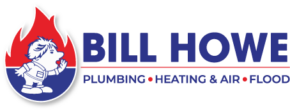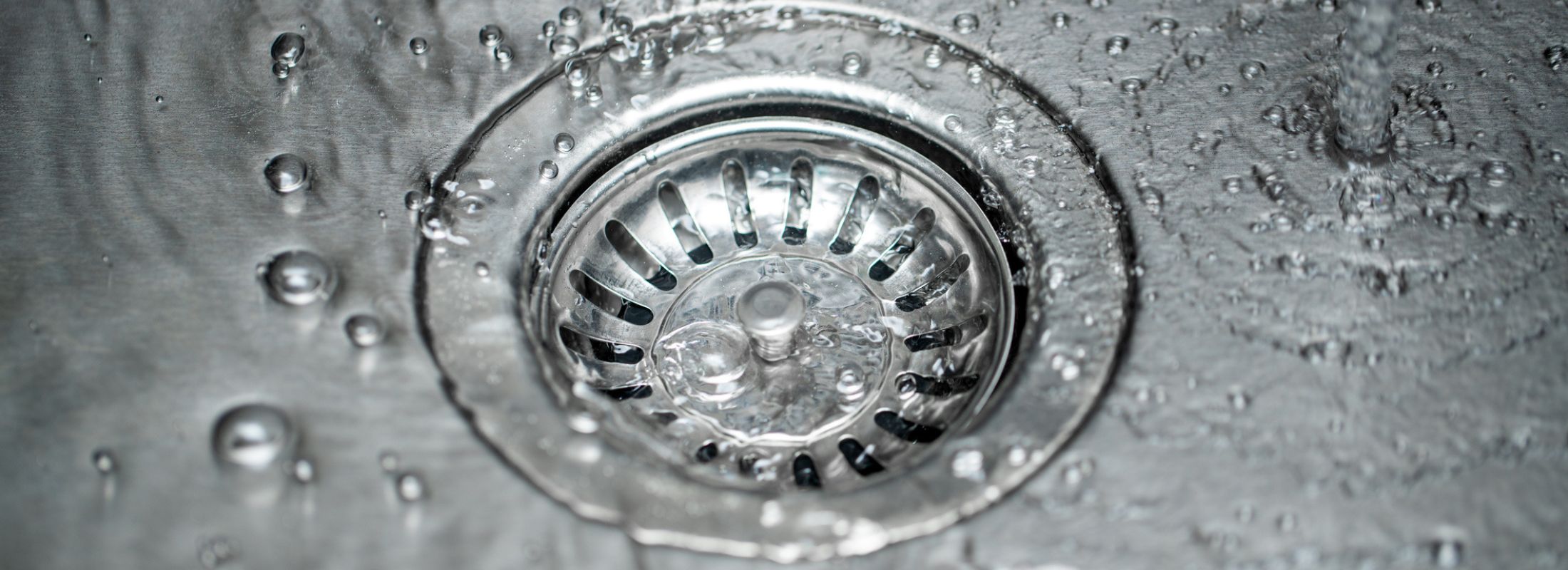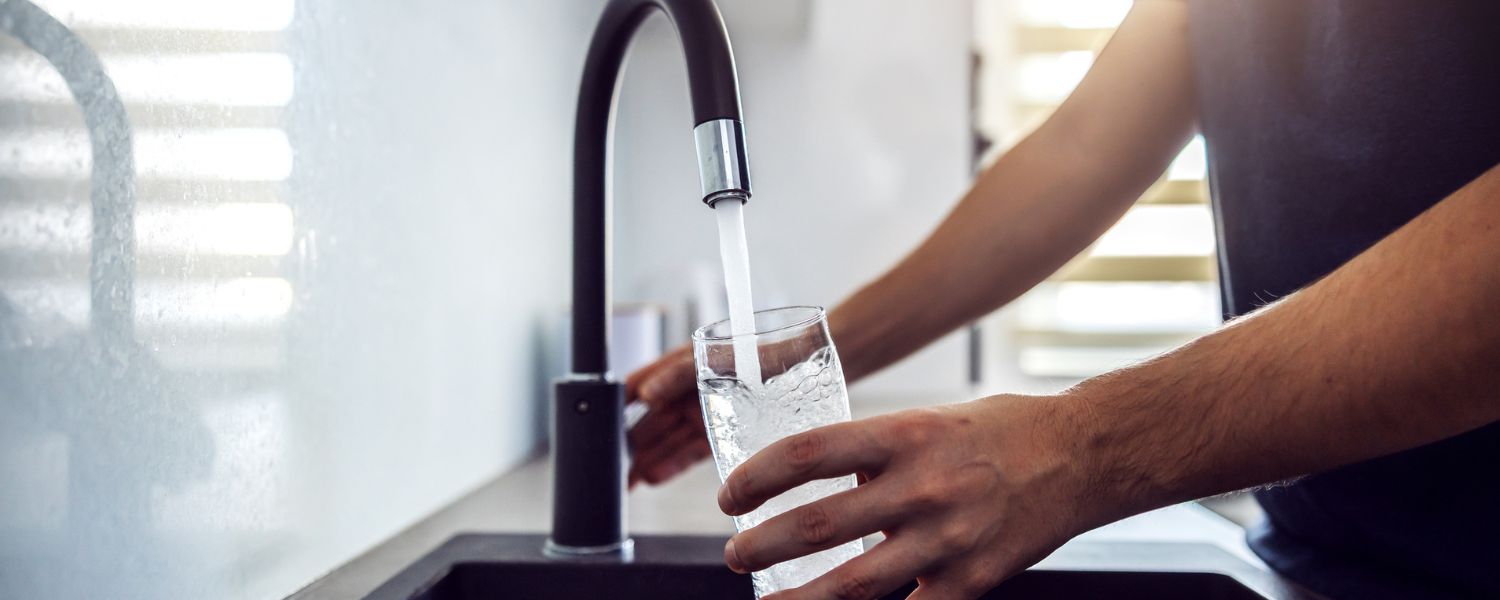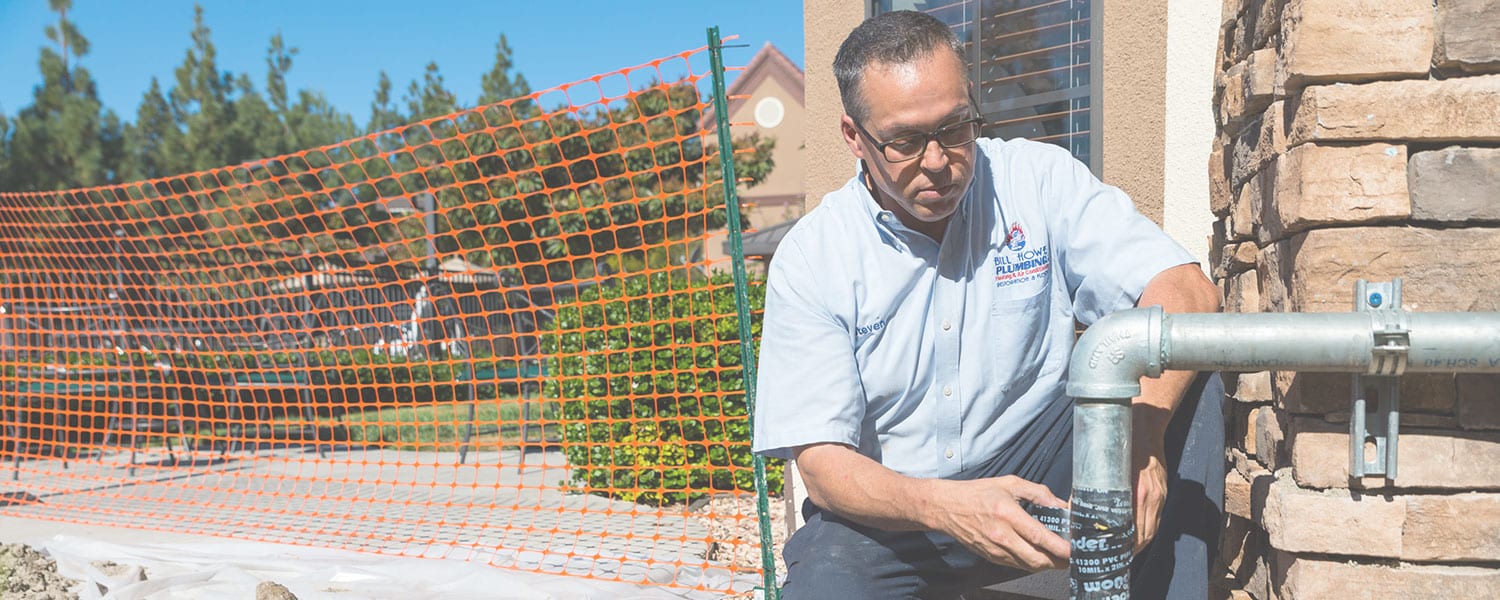What components must facilities managers and business owners think about when ensuring they are maintaining their commercial space plumbing?
Managing large commercial buildings require a team of individuals and attention to numerous variables form occupied space to utility usage, interior and exterior consideration, and countless maintenance items. Most facilities managers also have their own maintenance staff, but require quality commercial plumbers to be available to help maintain the building’s plumbing at its optimal level. Having a dedicated company like Bill Howe Plumbing, one that knows commercial plumbing, is beneficial, so nothing is missed during monthly and annual plumbing maintenance visits.
Commercial Plumbing Maintenance
Because commercial spaces utilize plumbing at a much higher level than residential homes, it requires a much higher level of plumbing maintenance. Instead of an annual plumbing maintenance service, Bill Howe recommends a monthly or bi-monthly maintenance visit to ensure that the plumbing of the building is in good working order.
Commercial plumbing maintenance allows the facilities managers and owners to also act on any potential issues that could beplumbing problems in the future. Just like residential homes, a corroded angle stop could burst in a commercial space and cause significant flood damage.
And, just like any preventative plan, a commercial plumbing maintenance schedule allows owners and managers peace of mind so they can attend to broader concerns such as higher revenue in their businesses.
Commercial Plumbing Maintenance Checklist
What sort of checklist should a commercial building facilities manager look for? The answer to this question will depend on the size and occupancy of the building, whether it is office space, condominium living, or a mix of the two, hospitals and medical facilities, operations 24 hours a day or only during specified hours, and the buildings age and unique needs.
Commercial Office Buildings
Most commercial office space operates during a set of specific business hours. Because the building may not be in constant use, the plumbing demand is different, and there are many times when the structure may be unoccupied for several hours or even days at a time. Potential plumbing problems such as leaks and floods can go unnoticed causing significant damage, whereas if it is in use 24/7, it will likely be caught before it gets out of control. Because of this, plumbing maintenance should be diligent and performed at least monthly.
Condominium Living
Condominiums fall more under residential spaces, but because of many of them, especially high-rise building, have common areas and large commercial plumbing water and drain components, they too require commercial plumbing maintenance. However, different homeowners’ associations will have different rules regarding what is considered homeowner responsibility and building responsibility; it is a good practice to ensure that all common areas and any large plumbing appliances, such as water heating boilers, are inspected on a semi-regular basis. Facilities managers can also be proactive with homeowners and suggest they check their own interior plumbing as well, after all a flood inside of the home will affect the entire building.
Hospitals and Medical Buildings
Hospitals and medical buildings have strict guidelines for all contractors performing work, but also have to ensure that maintenance is addressed to keep 24-hour staff and patients safe. It is also especially important as a massive plumbing problem could impact patient care, safety, and cause more than just an inconvenience. Commercial plumbers working on site at any medical facility should be adequately trained and usually requires several additional qualifications such as certain common vaccinations and updated health records.
Building Age and Unique Needs
A buildings age will change the needs of the plumbing, as well as the building unique usage and needs. Many newer buildings are being built with high efficiency and smart technology providing some neat alerts to problems that older buildings would not. Plus, an older building will typically be created with different materials and its aging infrastructure and quality of past maintenance can indicate that problems are always just around the corner.
Commercial Plumbing Checklist
As mentioned, commercial plumbing checklists will vary from building to building depending on many variables, but basic plumbing does not change so drastically. A general rule is to follow a set method of checking a building plumbing to ensure that it is in good working condition, and to determine if there are any indications of possible issues.
Active Leaks
Checking for active leaks is a top priority. Every maintenance checklist should include signs of water including, moisture, active running water where it should not be present, mold or mildew, running toilets, and water spots on floors, walls, and ceilings.
During active leak inspection, plumbers and facilities inspectors should also look for signs of past leaks. Signs of previous leaks can include dried water spots, corrosion on or around fixtures, oxidation on exposed plumbing pipes, and scale buildup around fixtures. All of these could point to potential problems.
Water Pressure
Excessive water pressure can cause plumbing leaks in small fixtures, water heaters, angle stops, toilets, and anywhere pressurized water is used. High water pressure should be checked often and set no higher than 80 PSI. High water pressure is damaging to plumbing over time as well.
Water Heating
In most commercial spaces, a variety of water heater types may be present. From tankless units to traditional tanks, and large boilers, commercial plumbing maintenance checklists should include a full inspection of every water heating device. Since each style of water heater operates differently, it is essential that the commercial plumber is trained for commercial water heaters.
Drains
Since commercial spaces, especially larger high rises and buildings with residential use and medical facilities, clogged drains can be more than just a headache. Clogged drains can be the cause of floods and significant damage. Inspecting all drain lines on a regular basis should be part of ever commercial plumbing maintenance. While there are camera inspections to examine the condition of the drain lines, mostcloginspections can be done merely by testing the lines during maintenance and ensure they run clear and clog free.
For older buildings, camera inspections on an annual basis are recommended for main sewer lines and problematic drain lines.
Backflow Tests
All commercial buildings have one or more required backflow devices. Backflow devices prevent cross-contamination and by avoiding wastewater from flowing back into the building. Backflow devices are required to be tested on an annual basis. Facilities managers can schedule backflow device testing to conducted with commercial plumbing maintenance or as a separate service by a certified commercial backflow test professional. If a backflow device fails inspection, it will have to be repaired, so it is good to schedule a tester who can also fix the backflow device, such as Bill Howe Plumbing.
Choosing the right commercial plumbing specialist to perform a maintenance check can save time by ensuring that any immediate repairs can be completed at the time of inspection. However, many facilities managers will set their own inspection checklist with onsite facilities maintenance personnel. Whatever process is best for the commercial space and facilities managers and owners should always include a written list so that any repairs that are needed are written down and dated. This helps on future checks to understand recurring problems or identify repairs that are needed, versus repairs that have been made or that can wait for future service.
Whatever your needs, trust the professionals at Bill Howe Plumbing. With over 38 years of commercial plumbing experience, we have the right plumbers for every commercial plumbing service.
Call 1-800 Bill Howe (245-5469) today to schedule your maintenance or repairs.




